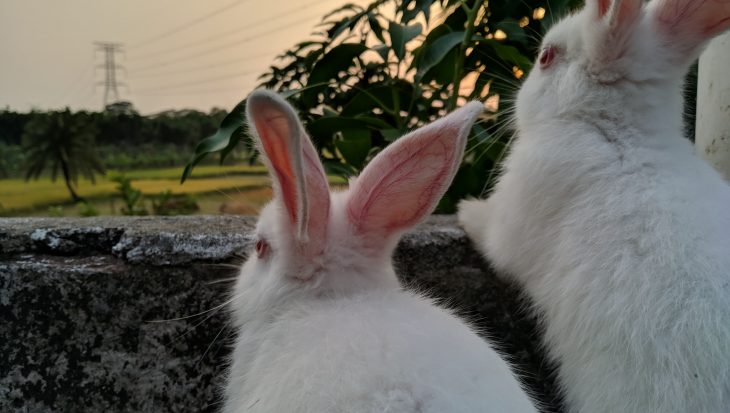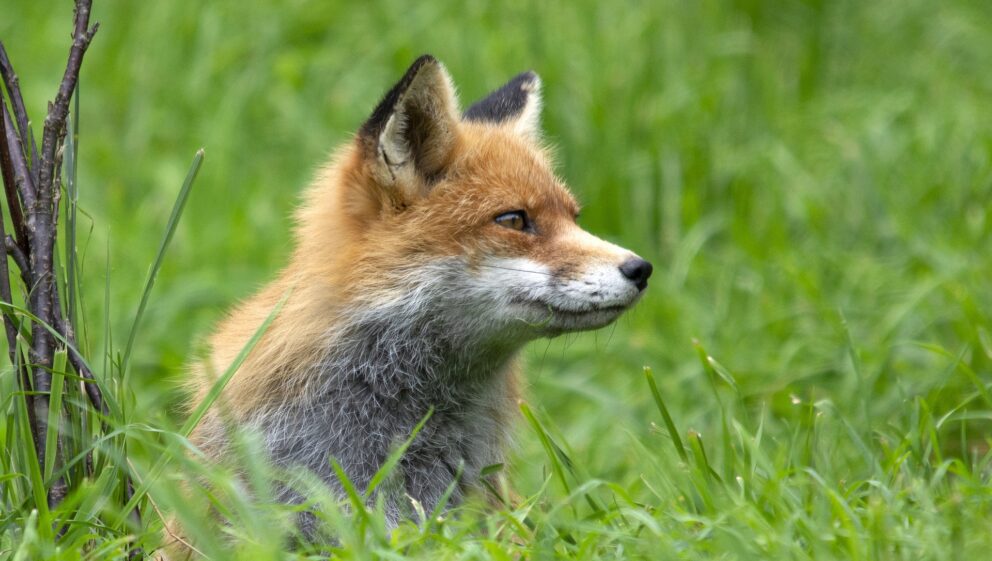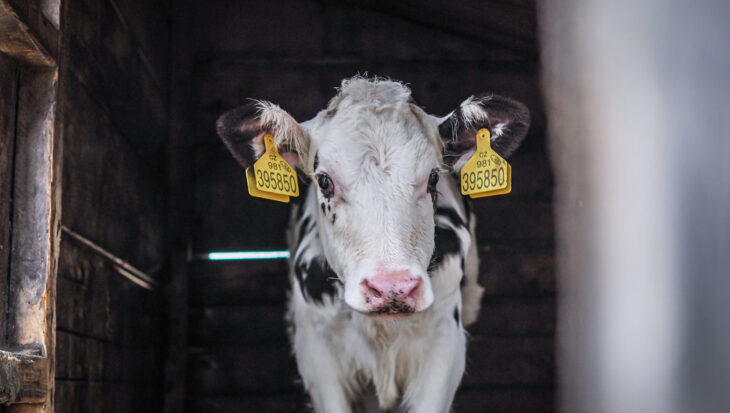One major amendment, introduced by the Environment Minister, Gillian Martin MSP, will bring a ban on the use of snares (including the shooting-industry’s cynically rebranded ‘humane cable restraints’) on the grounds that they cause suffering to the trapped animal and are indiscriminate.
The Environment Minister introduced her amendment to ban snares – as recommended by the Scottish Animal Welfare Commission – stating: “I believe that this parliament can no longer ignore the weight of evidence that snares lead to unacceptable levels of suffering, not just for wild animals but for domestic animals which can become trapped in them. The decision to ban the use of snares is not one that has been taken lightly, or quickly, and my decision takes into account the wealth of evidence and opinion, that has been presented in parliament over the years on this matter. Unfortunately, even when snares are used in very strict accordance with the conditions set out in the wildlife and countryside act, they remain by their nature, indiscriminate, and as such they pose an unacceptable risk to non-target species including other wildlife including endangered ones and domestic species such as cats.”
The Committee voted to support the Minister’s amendment to ban snares, which is absolutely terrific news, especially in light of the ban on the use of snares in Wales in 2023. Stage 2 discussions in Scotland are due to conclude on 23 February, when the Bill will then progress to Stage 3.
Ahead of the next General Election, help us achieve a UK-wide ban on snares by writing to your MP.
You can watch the whole proceedings here, with the part on snares starting at about 08.57 on the clock.
Write to your MP


